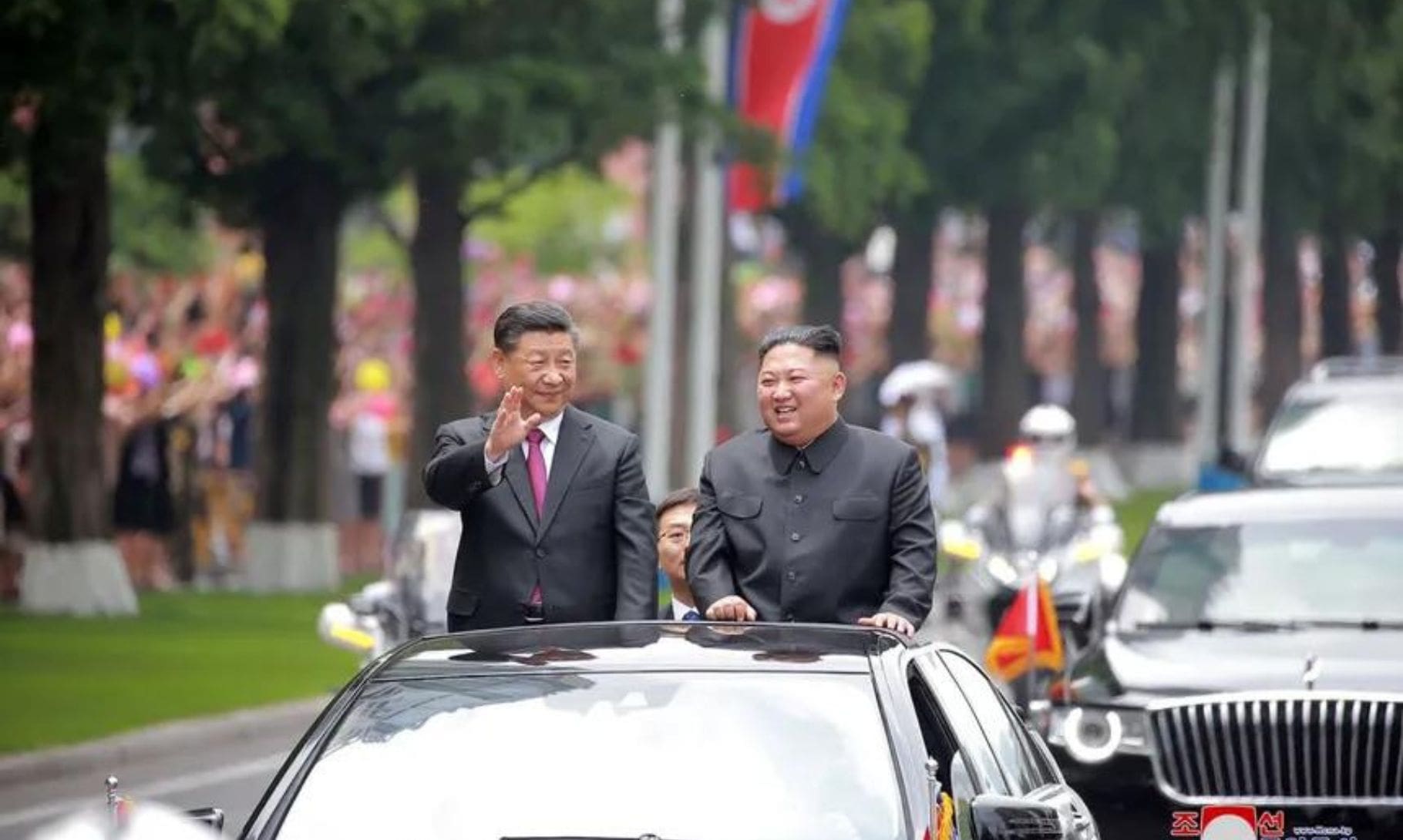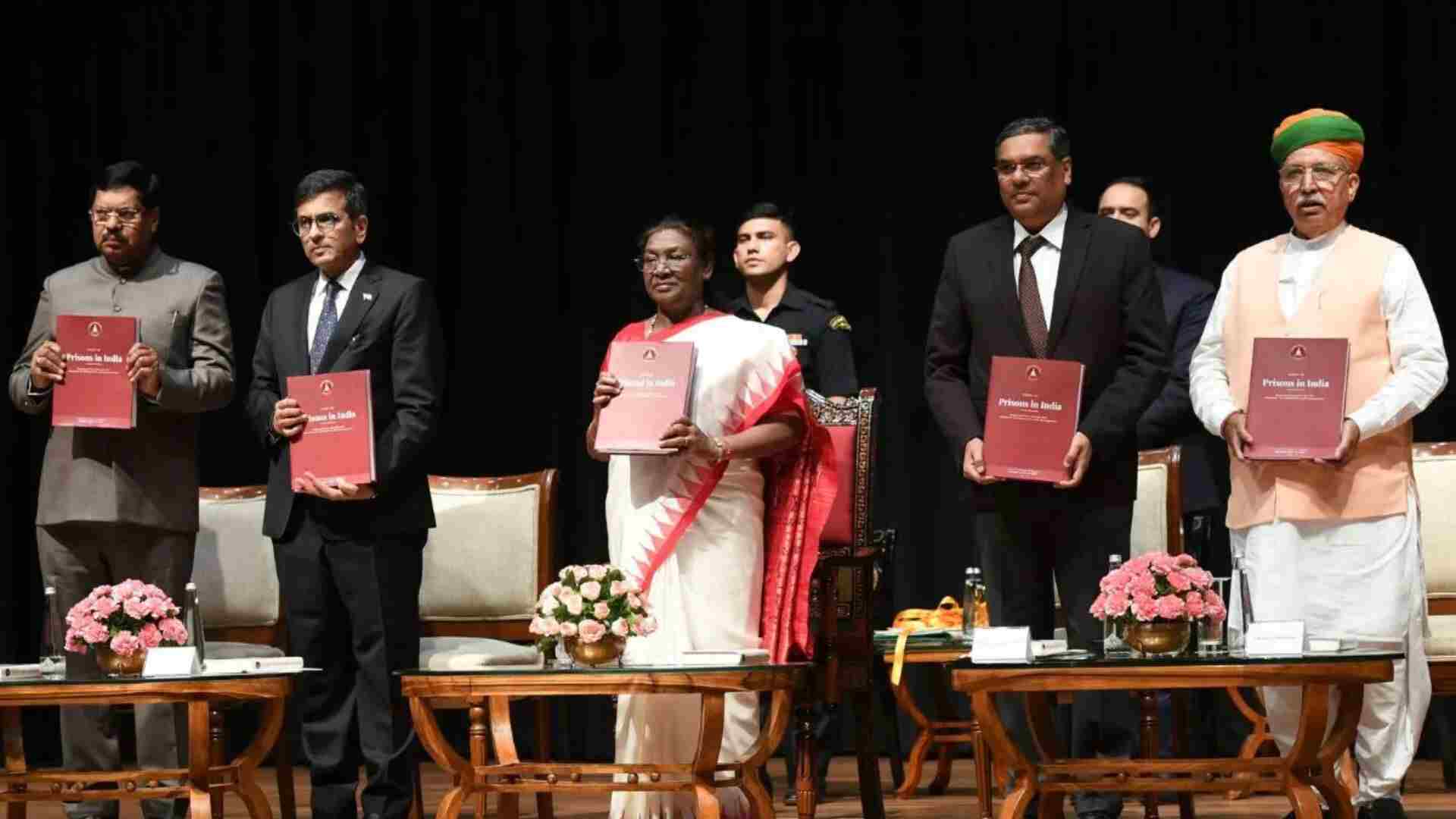
Recent developments regarding Russia, North Korea, and China have caught global attention, especially due to their potential impact on the regional status quo. Earlier this month, Russian President Vladimir Putin and North Korean leader Kim Jong Un strengthened their partnership through a series of high-profile meetings and agreements. During the visit, they made symbolic gestures like sharing a limousine and displaying unity, aiming to show resilience against sanctions and diplomatic pressures, and signed a Defence Pact.
Notably, China, which is a major player in Asia, faces both challenges and opportunities from these developments. It has strong economic and diplomatic ties with both Russia and North Korea, but also with other global powers. The country’s response to the growing Russia-North Korea partnership has been cautious, focusing on bilateral relationships rather than joining a three-way alliance. The Xi -Jinping administration has made it clear that getting involved in any confrontational group could harm their relations with not only the west but with neighbouring South Korea and Japan.
On Thursday, a spokesperson for the Chinese Foreign Ministry declined to comment on the Russia-North Korea pact, saying it was a matter between those two countries. Notably, the implications for China are complex. While Beijing opposes the US-led global order along with Moscow and Pyongyang, it avoids openly supporting their provocative actions. China’s careful approach reflects its broader strategy of staying flexible and avoiding conflicts that could raise tensions or hurt its international standing. Despite shared interests, China has not supported Russia’s military actions in Ukraine.
In Northeast Asia, China must carefully manage its position in the middle of ongoing concerns over North Korea’s nuclear ambitions. The possibility of increased military cooperation between Russia and North Korea raises tensions about regional stability and security. While China is concerned about North Korea’s nuclear progress, it also seeks to prevent scenarios that might prompt South Korea to pursue its own nuclear weapons.
China’s approach to the evolving Russia-North Korea relationship highlights its strategic attitude and cautious diplomacy. As global dynamics evolve, Beijing will likely continue navigating its relationships with Moscow and Pyongyang carefully, balancing its regional interests with broader global ambitions and responsibilities.















